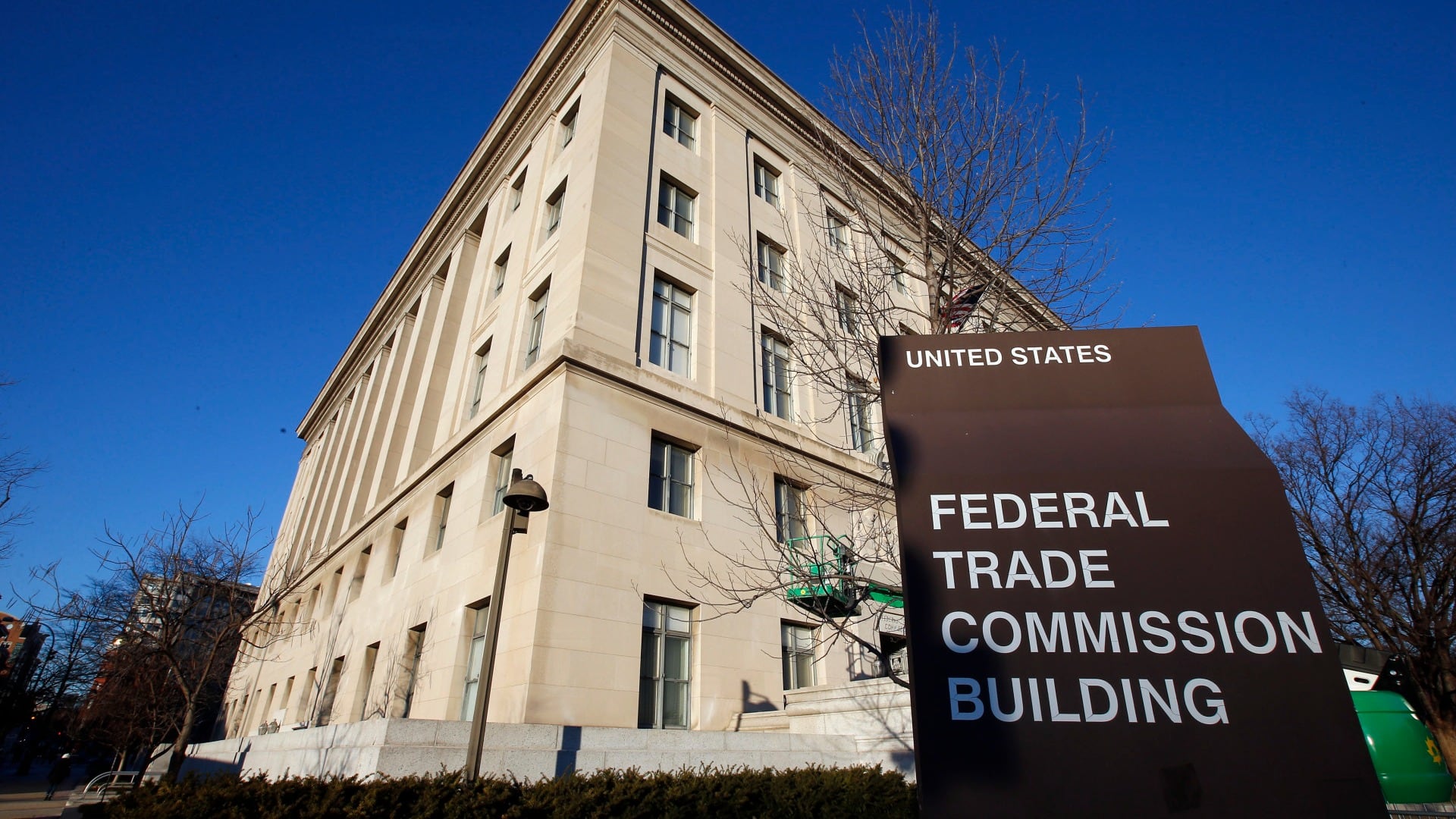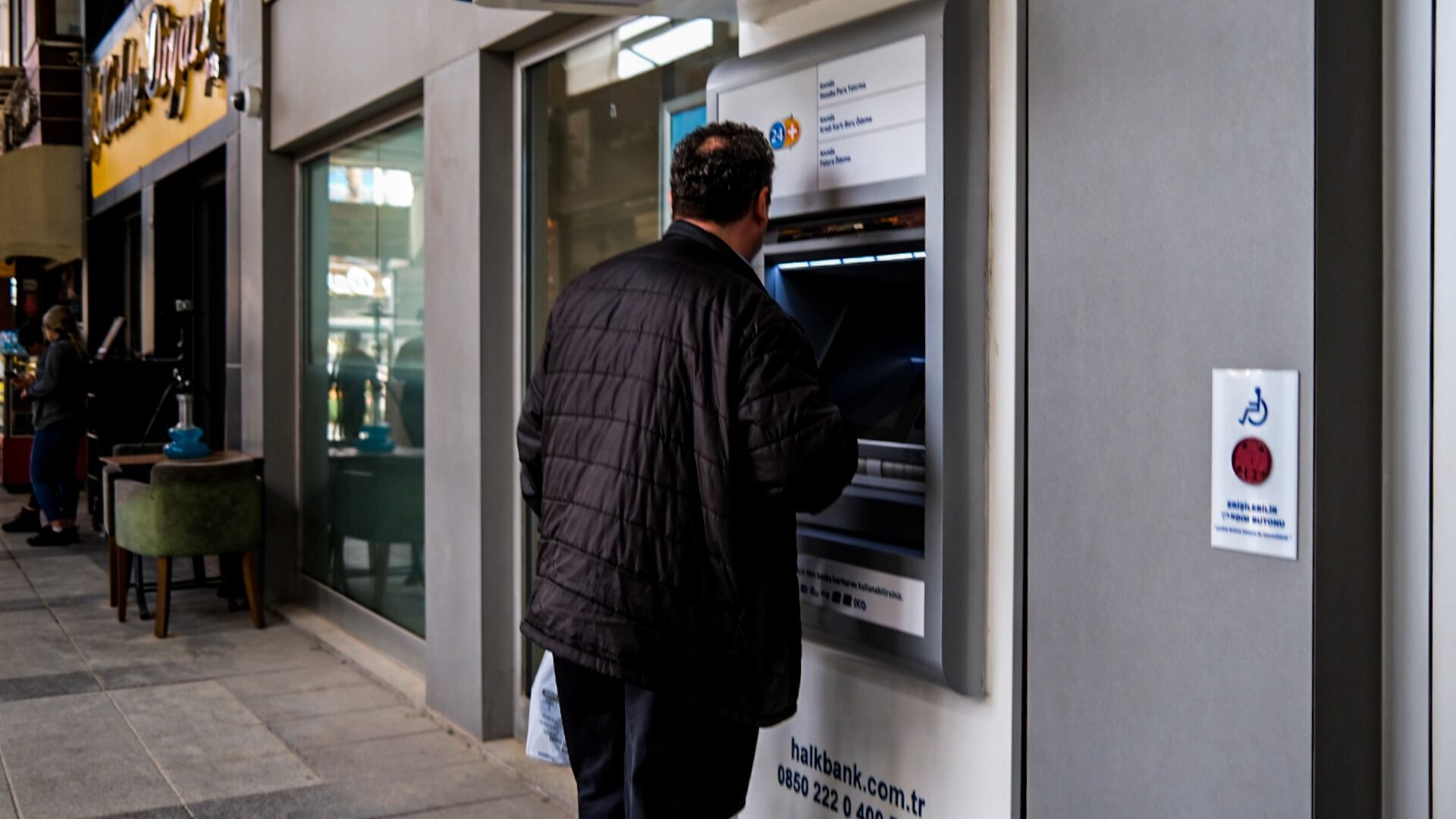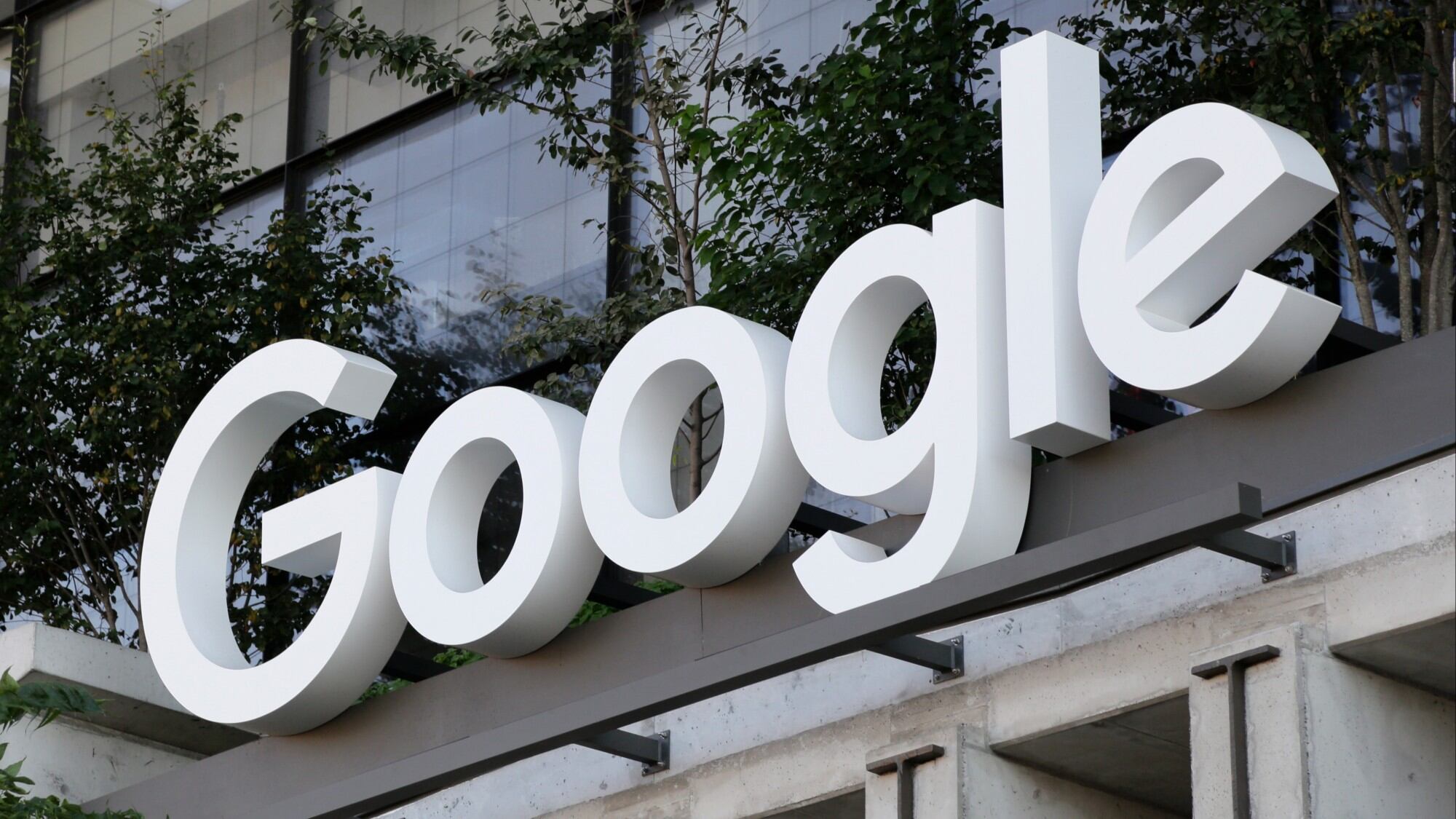By Paul Wiseman and Christopher Rugaber
The U.S. economy grew at a 2.1% annual pace from April through June, extending its sturdy performance in the face of higher interest rates, the government said Thursday, leaving its previous estimate unchanged.
The second-quarter expansion of the nation's gross domestic product — its total output of goods and services — marked a modest deceleration from the economy's 2.2% annual growth from January through March.
Consumer spending, business investment and state and local government outlays drove the second-quarter economic expansion.
The economy and job market have shown surprising resilience even as the Federal Reserve has dramatically raised interest rates to combat inflation, which last year hit a four-decade high. The Fed has raised its benchmark rate 11 times since March 2022, sparking concerns that ever-higher borrowing rates will trigger a recession.
So far, though, inflation has eased without causing much economic pain, raising hopes that the central bank can pull off a so-called soft landing — slowing the economy enough to conquer high inflation without causing a painful recession.
Still, those higher rates have taken a toll. Consumer spending, for example, rose at an annual rate of just 0.8% from April through June, down sharply from the government's previous estimate of 1.7% and the weakest such figure since the first quarter of 2022.
But business investment excluding housing, a closely watched barometer, rose at a 7.4% annual pace, the fastest rate in more than a year. And state and local government spending and investment jumped 4.7%, the biggest such quarterly gain since 2019.
Thursday's report was the government's third and final estimate of economic expansion in the April-June quarter.
Growth is believed to be accelerating in the current July-September quarter, fueled in part by many still-free-spending consumers. Americans, for example, flocked to theaters for the hit summer movies “Barbie” and “Oppenheimer” and splurged on Taylor Swift and Beyonce tickets. Business investment is also thought to have remained solid.
Economists have estimated that the economy expanded at a roughly 3.2% annual rate in the third quarter, which would be the fastest quarterly growth in a year. Even more optimistic estimates have projected that growth from July through September exceeded a 4% annual rate, according to the Federal Reserve Bank of Atlanta.
Even so, the acceleration in growth isn’t likely to endure. The economy is expected to weaken in the final three months of the year. Hiring and income growth are slowing. And economists think the savings that many Americans amassed during the pandemic from federal stimulus checks will have evaporated by next quarter.
The economy also faces an array of obstacles that are expected to hobble growth. They include surging oil prices, the resumption of student loan payments, the effects of the United Auto Workers strike, the loss of pandemic-era child care aid and a likely government shutdown beginning this weekend.
The combined effects of those factors will hamper Americans’ ability to spend and likely weaken the economy.
“Growth remains positive and is set to accelerate" in the current quarter, said Rubeela Farooqi, chief U.S. economist at High Frequency Economics.
”But the trend going forward, particularly in household spending, will be important. We continue to forecast positive growth going forward but expect the pace to slow quite significantly" in the final three months of the year.













